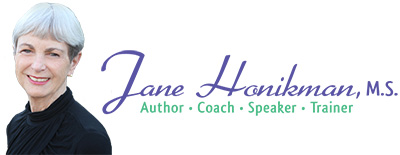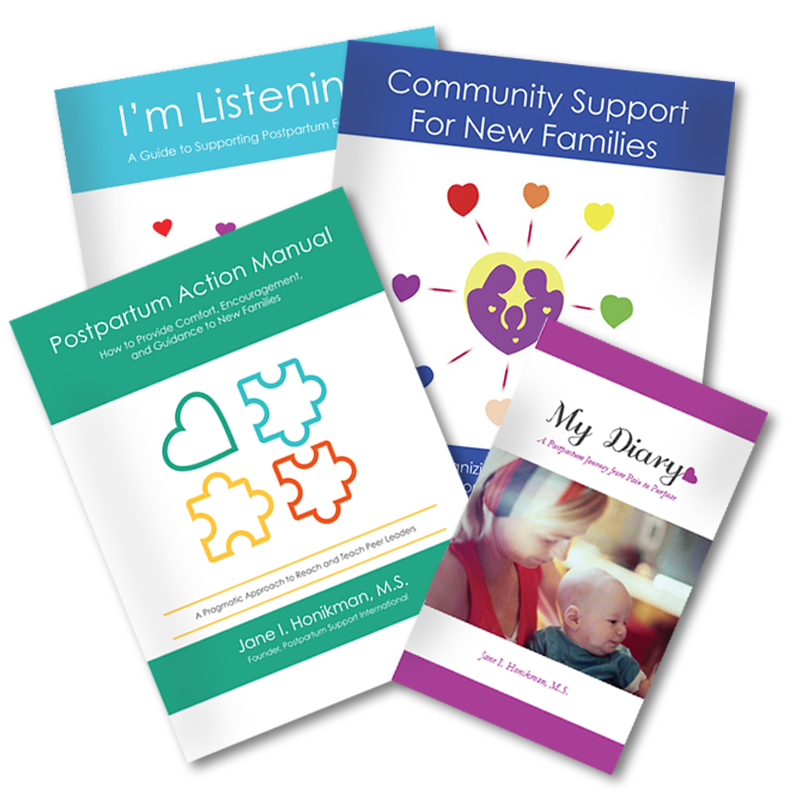If you’ve suffered from postpartum depression, you may discover after you’re well again that you have an urge to get involved with the postpartum education and support movement. Perhaps you feel compelled to give back because you appreciate the information and care you received during your own experience. Or perhaps you didn’t get correct, appropriate, or prompt assistance and you want to change the system so this doesn’t happen to someone else. Your motivation isn’t important, but your intent is critical to furthering the field of maternal mental health. It may feel like a passion, a personal mission, or just the right thing to do. I feel a little of each of these, and together these motivations have steadied and sustained my work.
When my girlfriends and I started Postpartum Education for Parents in 1977, we started to fill the gap that existed in Santa Barbara, California for new families. We didn’t consciously set out to improve mental health or prevent PPD. No one really talked about those concepts at that time.
Volunteer organizations can play a very important part in the support of new families, whether the parents are biological or adoptive. One of the main contributions volunteers can make is providing social support for the isolated mother. “Get out and make new friends” is a noble suggestion, but it can best be done in a community that offers free, self-help postpartum support. This practice is a simple approach. Peer support not only decreases isolation, it offers an atmosphere of common purpose for learning to cope. As early as 1978, the President’s Commission on Mental Health recommended increased links between mental health services and community support networks.
Self-help forms of social support should strive to:
- Address needs of at risk populations (parents-to-be, new parents)
- Confront social isolation
- Serve as new sources of social support during short-term crises, life transitions
- Promote coping skills and self-esteem
- Provide positive role models
- Display benefits of helping others
- Meet needs of underserved portions of population
- Facilitate referrals to professionals when necessary
- Enhance social ties to serve as buffer to stress
- Help people cope with stress and adversity
- Supplement clinical care through friendship and peer support
- Educate professionals about gaps and problems in service-delivery
- Assist in development of needed programming for communities
- Promote social action and funding needs
- Promote new collaboration between self-help and professional communities
Edward J. Madara, Prevention in Human Services, V7, No. 2, 1990, “Maximizing the Potential for Community Self-Help through Clearinghouse Approaches.”


